Humans
Sign up for our newsletter
We summarize the week's scientific breakthroughs every Thursday.
-
 Health & Medicine
Health & MedicineNew coronavirus tests promise to be faster, cheaper and easier
Researchers are developing a smorgasbord of tests to detect RNA and proteins from the virus that causes COVID-19.
By Jack J. Lee -
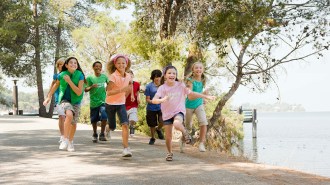 Health & Medicine
Health & MedicineHow four summer camps in Maine prevented COVID-19 outbreaks
More than 1,000 kids and staff members from all over the country attended the camps, but only three people ended up testing positive for the virus.
-
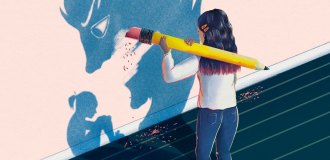 Humans
HumansPuberty can repair the brain’s stress responses after hardship early in life
Puberty may erase the shadow of trauma for children who had a difficult start.
-
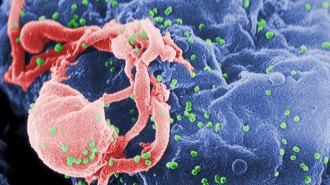 Health & Medicine
Health & MedicineIn a first, a person’s immune system fought HIV — and won
Some rare people may purge most HIV from their bodies, leaving only broken copies of the virus or copies locked in molecular prisons, from which there is no escape.
-
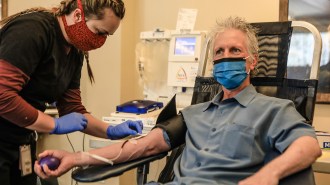 Health & Medicine
Health & MedicineCOVID-19 plasma treatments may be safe, but we don’t know if they work
Blood plasma from COVID-19 survivors can be used to treat hospitalized patients, FDA says, but researchers question how well it works.
By Jonathan Lambert and Tina Hesman Saey -
 Health & Medicine
Health & MedicineWhat we can learn from how a doctor’s race can affect Black newborns’ survival
When Black physicians attended Black newborns after a hospital birth, it reduced the mortality gap between Black and white babies.
-
 Health & Medicine
Health & MedicineA man in Hong Kong is the first confirmed case of coronavirus reinfection
During a 33-year-old man’s first round with the virus, he had symptoms, but not the second time — a hint his immune system protected him from disease.
-
 Health & Medicine
Health & MedicineNew treatments aim to treat COVID-19 early, before it gets serious
Some new drugs that may stop the coronavirus from getting into cells, or from reproducing itself, may treat the illness as soon as it’s diagnosed.
-
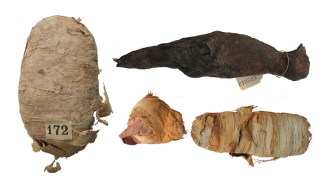 Archaeology
ArchaeologyX-rays reveal what ancient animal mummies keep under wraps
A new method of 3-D scanning mummified animals reveals life and death details for a snake, a bird and a cat.
-
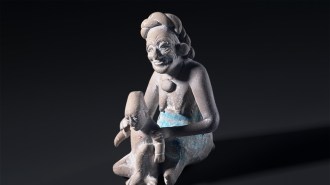 Humans
HumansAncient sculptures hint at universal facial expressions across cultures
Interpreting the emotions carved onto sculptures from long ago offers a new way to study how humans perceive facial expressions.
By Bruce Bower -
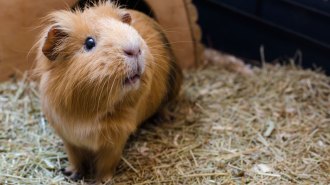 Health & Medicine
Health & MedicineDust can spread influenza among guinea pigs, raising coronavirus questions
In three out of 12 guinea pig pairs, an animal coated in influenza virus, but immune to infection, spread the virus to another rodent through dust.
-
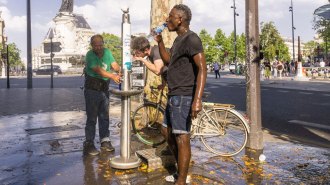 Climate
ClimateHurricanes have names. Some climate experts say heat waves should, too
A newly formed international alliance aims to raise awareness about extreme temperatures and protect vulnerable populations.
By Jack J. Lee